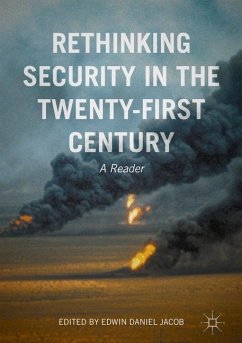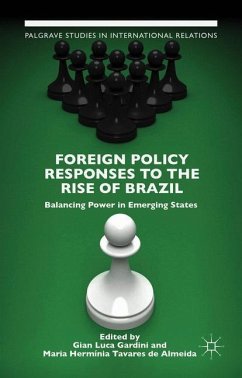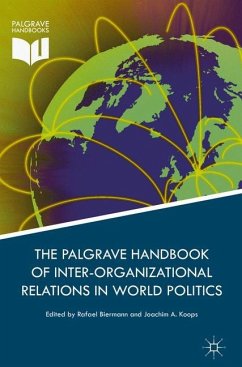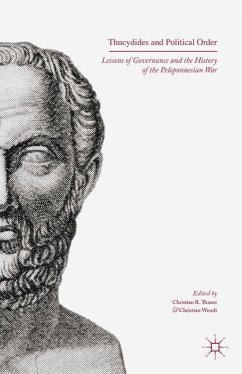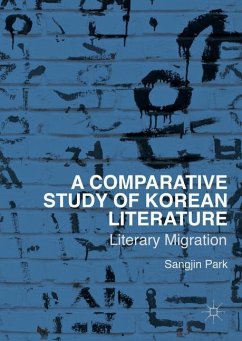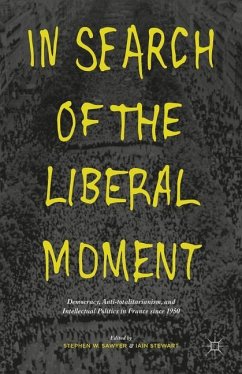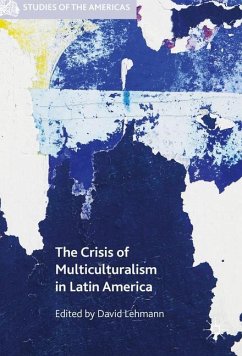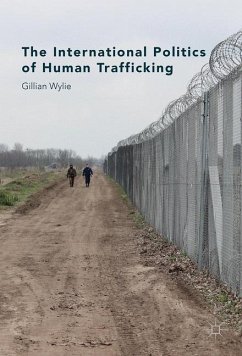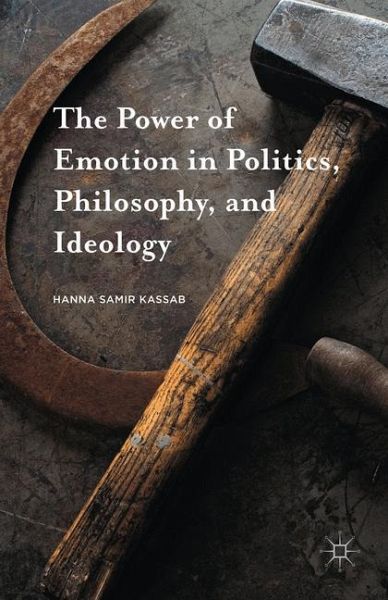
The Power of Emotion in Politics, Philosophy, and Ideology
Versandkostenfrei!
Versandfertig in 6-10 Tagen
65,99 €
inkl. MwSt.
Weitere Ausgaben:

PAYBACK Punkte
33 °P sammeln!
This book defines political ideology as a structural force that combines ideas, emotion, and people for the purpose of transforming political discourse. It advances a theoretical proposition concerning the creation of alternative modes of governance and proposes a general theory explains the reasons for the creation of political ideologies as an escape from perceived injustice. The theory also explains democracy's success and the failure of Communism and the Fascism. The purpose of any political ideology, whether Democracy, Fascism (and its varieties), or Communism, is to escape human sufferin...
This book defines political ideology as a structural force that combines ideas, emotion, and people for the purpose of transforming political discourse. It advances a theoretical proposition concerning the creation of alternative modes of governance and proposes a general theory explains the reasons for the creation of political ideologies as an escape from perceived injustice. The theory also explains democracy's success and the failure of Communism and the Fascism. The purpose of any political ideology, whether Democracy, Fascism (and its varieties), or Communism, is to escape human suffering by combining ideas, emotion, and people in the production of fundamental societal change. Ideologies must possess these three variables to attain the necessary power to succeed as a political force. Power gives the ideology the structural ability to transform society, trapping the once free individual into the ideology.






